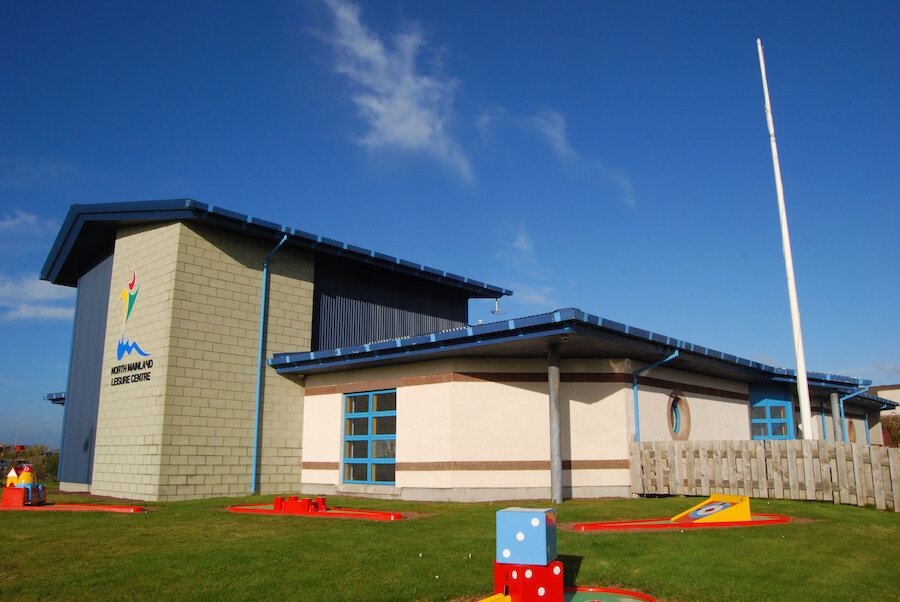Every district in Shetland has its particular appeal and, each month, we look at what each part of our islands can offer for new residents. This month, we visit Delting, part of Shetland's north mainland; Brae, the largest village in the area, is about 25 miles north of Lerwick.
The "ting" in the name comes from the same root as the Tynwald (parliament) in the Isle of Man or Dingwall in Scotland. It indicates that Delting was once an administrative unit under Norse rule; there are several other Shetland examples, including Tingwall, Lunnasting and Aithsting.
The ridges of hills that run from north to south through the Shetland mainland are the backbone of Delting's landscape. They produce a quite striking fjord-like inlet on the east side and such sheltered sea inlets (voes) provide excellent conditions for growing mussels and salmon. Much of the land is heather or grass moorland but, around the coast, there are lower-lying areas of cultivated land. The island of Muckle Roe, linked by a bridge, has some of Shetland's most appealing scenery, with wonderful walking, and great coastal landscapes in the adjoining district of Northmavine are just a few minutes away.
In the past, Delting folk made their living mainly from fishing, crofting and knitting. During the Second World War, Sullom Voe was a seaplane base and also had a military airport. However, since the 1970s, the parish's history has been bound up with the development of the large oil terminal at Sullom Voe, soon to be joined by a gas terminal. There are associated harbour facilities and a dedicated airport at Scatsta. In the late 1970s, the villages of Brae, Mossbank and Voe and the hamlet of Firth were expanded to cope with an increased population.
Most of the area's services and facilities are concentrated in the largest village, Brae, where there is a six-year secondary school and a primary school, a health centre and a leisure centre including a swimming pool. Brae also has hotels and shops, including a small supermarket. It also has Britain's northernmost Indian takeaway, whilst Frankie's is Britain's most northerly chippy, and rather a special one. Frankie's recent accolade as best eatery in the Highlands and Islands is just the latest in a very long list of awards. A marina is the base for sailing and fishing in the sheltered waters of Busta Voe.
Voe, in the south of the district, is noted for its decidedly Scandinavian appearance; it was in a building by the pier that the woollen jumpers worn by Hillary's Everest expedition were knitted. Today, the old workshop is one of Shetland's "camping böds", offering low-cost visitor accommodation.
Although the oil industry increasingly relies on visiting staff accommodated in purpose-built accommodation, many local people are employed at the oil terminal, the port and airport or in other oil-related services. The other major employer these days is aquaculture; Brae is an important centre for mussels. It's also an easy commute from Delting to Lerwick, with the capital's jobs and wide range of facilities only about half an hour away.
There's a good range of private housing in Delting and local authority or housing association property may also be available from time to time. Thanks to the current construction activity at Sullom Voe, affordable private rented property is harder to find, but that should ease in the years ahead.
Summing up, Delting offers a good range of places to live, with excellent facilities on the doorstep and more available in Lerwick. There's an excellent range of outdoor and indoor pursuits, too, and it's a welcoming community that has successfully adopted hundreds of new Shetlanders over the past forty years.

